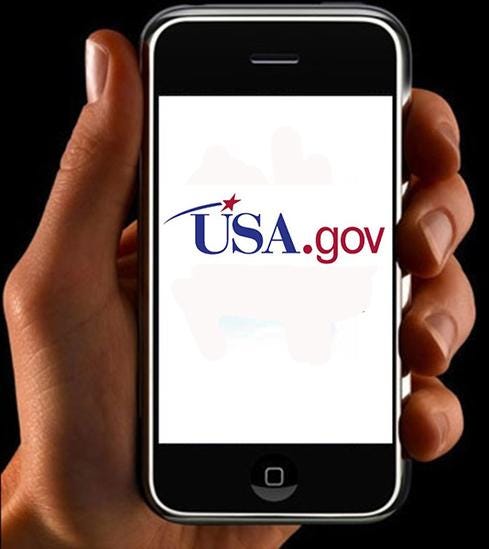DHS Pursues License Plate Tracking Service
Department of Homeland Security seeks private company to run national tracking service. DHS cites immigration applications; privacy advocates raise questions.


6 Cool Apps From Uncle Sam
6 Cool Apps From Uncle Sam (Click image for larger view and slideshow.)
Editor's note: DHS on Thursday withdrew plans to launch a license-plate tracking system. Read about the surprise reversal here.
The Department of Homeland Security's division for immigration enforcement is looking for a private company to operate a new national system that would aggregate and track license plate data. DHS officials expect the system to improve the tools Immigration and Customs Enforcement (ICE) officers use to locate alleged criminal aliens, but the move raises fresh questions about the pervasiveness of government surveillance.
The proposed National License Plate Recognition (NLPR) database service would track vehicle license plate information captured by tag-readers used by a variety of commercial and law enforcement organizations, including toll booth operators and vehicle recovery specialists.
The information already is available to law enforcement agencies, but would be made more readily available and useful to ICE officers, and presumably other DHS divisions, using commercial-off-the-shelf systems, according to a DHS solicitation document.
[The Internet of Things has great potential, but will our lives be governed by a multitude of tiny sensors? Read The Intrusiveness of Things: Will IoT Go Too Far?]
Information on where and when a vehicle has traveled can play an important factor in pursuing suspected fugitives, particularly when they are in a location that is different from where they live. While ICE officials maintain the data would only be accessed in response to an ongoing criminal investigation or to locate suspected individuals, privacy advocates worry the system would also track the whereabouts of citizens who are under no suspicion.
According to the solicitation, the database system would need to be available on a 24/7 basis; compile records from a variety of sources nationwide; maintain data records in the system from previous months; and identify new unique data records on a monthly basis.
The data service would also need to feature common smartphone applications used by DHS/ICE officers (including those on Android, iPhone, and BlackBerry devices) that would allow license plate pictures to be taken, uploaded, and processed, and then notify officers of positive matches. Officers would also have the ability to query the database, typing a license plate number, state of registration, and a reason code via smartphones.
DHS and ICE officials also want a variety of information services to help officers in the field.
For instance, the users would be able to upload a "Target Vehicle Hot List" with a minimum of 5,000 license plate records in a single file, for local reference, showing vehicle plate numbers, state of registration, make and model descriptions, and a field for comments. The NLPR data service would identify new detection records that match a user's hot list and alert the user via email, and include a "fully compiled PDF case file report, with maps, vehicle images, and pertinent detection" information, according to the solicitation document.
ICE is seeking bids for a company to provide the services, on a fixed-price basis, beginning May 1, 2014, for up to five years, depending on performance.
While privacy advocates see the announcement as one more example of the government watching everyone to catch a few, the proposed database mostly augments systems that have been in place for several years.
The FBI, dating back to 2004, has worked with state and local authorities to compare license plate information against the National Crime Information Center database, as part of efforts to recover stolen vehicles. Using license plate reader technology, law enforcement agencies recovered 1,102 vehicles and located 818 subjects listed in the Wanted Persons File, according to a 2011 report.
Too many companies treat digital and mobile strategies as pet projects. Here are four ideas to shake up your company. Also in the Digital Disruption issue of InformationWeek: Six enduring truths about selecting enterprise software. (Free registration required.)
Read more about:
2014About the Author(s)
You May Also Like
How to Amplify DevOps with DevSecOps
May 22, 2024Generative AI: Use Cases and Risks in 2024
May 29, 2024Smart Service Management
June 4, 2024







